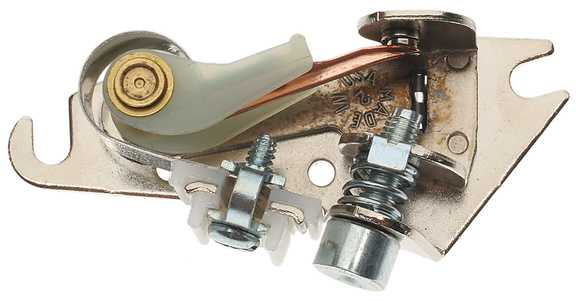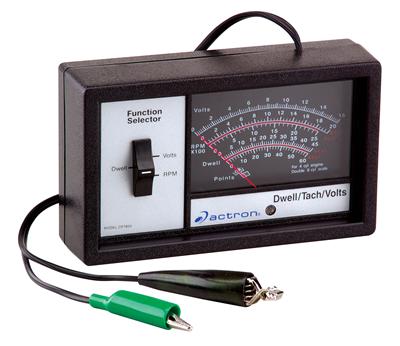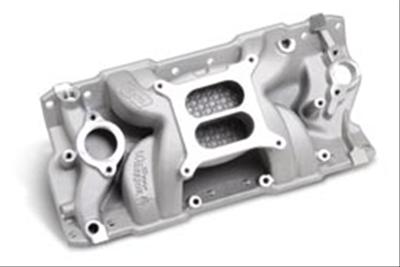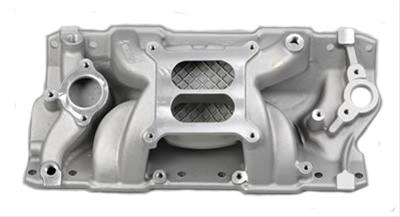JimmyDuncan
Well-Known Member
Until the wonderful day when I can install the new engine and trans into Frank the Tank (66 Impala), I'm stuck with a fairly tired 307 with unknown heritage and a 2 spd powerglide... The 307 is in need of some remedial care... I need it to last for the rest of the year and I hope to do a few runs with the local Chevrolet Club... There is a fairly long club run at the end of this month...

Currently it struggles to start when it's been sitting for a while... But, I think I've narrowed that down to the fuel draining out of, or drying up in the carb, because it starts quickly after turning over for a while and if switched off, starts easily immediately after (even when still cold)... I'll try turning it over a few times to get the fuel primed, before pumping the gas and attempting to start, next time I get a moment.. See if that helps.
The main issue that makes Frank less fun to drive, is that if I give it anything other than light throttle from a standing start it bogs badly and almost dies... Once moving it seems fine and at idle it is ok (but not great...).
When I first got Frank, December last year, I changed all the spark plugs, because they were all pretty badly fouled.. I pulled the #1 plug this evening and it is back in a similar condition...

My limited knowledge and online searching tells me this is an indication of running too rich...?

Now, the Rochester 2gv carb has no choke (it's supposed to have a divorced choke, but its not fitted), which I doubt is the cause...It doesn't get very cold here.. and Frank doesn't get many drives at highway speed, usually just cruising around... but, I doubt that's the cause either...?
I noticed tonight that the choke vacuum diaphragm hose is split, so I will replace that.. Could that be a cause?
Based on reading what I've found in Grumpy's links on trouble shooting, I have ordered and am waiting on a fuel pressure gauge to plumb into the fuel line near the carb, a spark plug tester, a piston stop to verify TDC is correct on the timing marks...
I have a compression test kit, which I've never used, but, based on the articles and videos online, seems to be pretty simple to use...
Current timing checked with timing light shows 8 (before TDC?) which seems about right?
I need to pop open the distributor (a delco model which can be adjusted externally) and check all looks ok in there and I have a multimeter which shows dwell, so I will look into that too...
Anyway...... Long story short... ha! Based on your vastly more experienced opinions, in what order should I be doing all these tests...? Which are more likely to identify the cause of the engine driving shit....? Where do I start?
I'm happy to do all of them, as it will be good learning for me, but, where should I start and what should I be looking for as far as signals of the cause of the issue?
If you need other information or pictures of things let me know.
Thanks guys!

Currently it struggles to start when it's been sitting for a while... But, I think I've narrowed that down to the fuel draining out of, or drying up in the carb, because it starts quickly after turning over for a while and if switched off, starts easily immediately after (even when still cold)... I'll try turning it over a few times to get the fuel primed, before pumping the gas and attempting to start, next time I get a moment.. See if that helps.
The main issue that makes Frank less fun to drive, is that if I give it anything other than light throttle from a standing start it bogs badly and almost dies... Once moving it seems fine and at idle it is ok (but not great...).
When I first got Frank, December last year, I changed all the spark plugs, because they were all pretty badly fouled.. I pulled the #1 plug this evening and it is back in a similar condition...

My limited knowledge and online searching tells me this is an indication of running too rich...?

Now, the Rochester 2gv carb has no choke (it's supposed to have a divorced choke, but its not fitted), which I doubt is the cause...It doesn't get very cold here.. and Frank doesn't get many drives at highway speed, usually just cruising around... but, I doubt that's the cause either...?
I noticed tonight that the choke vacuum diaphragm hose is split, so I will replace that.. Could that be a cause?
Based on reading what I've found in Grumpy's links on trouble shooting, I have ordered and am waiting on a fuel pressure gauge to plumb into the fuel line near the carb, a spark plug tester, a piston stop to verify TDC is correct on the timing marks...
I have a compression test kit, which I've never used, but, based on the articles and videos online, seems to be pretty simple to use...
Current timing checked with timing light shows 8 (before TDC?) which seems about right?
I need to pop open the distributor (a delco model which can be adjusted externally) and check all looks ok in there and I have a multimeter which shows dwell, so I will look into that too...
Anyway...... Long story short... ha! Based on your vastly more experienced opinions, in what order should I be doing all these tests...? Which are more likely to identify the cause of the engine driving shit....? Where do I start?
I'm happy to do all of them, as it will be good learning for me, but, where should I start and what should I be looking for as far as signals of the cause of the issue?
If you need other information or pictures of things let me know.
Thanks guys!




